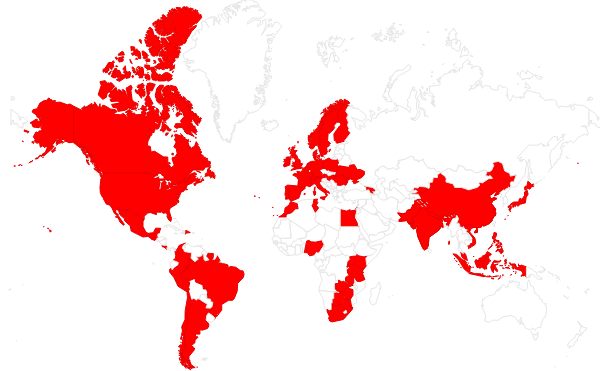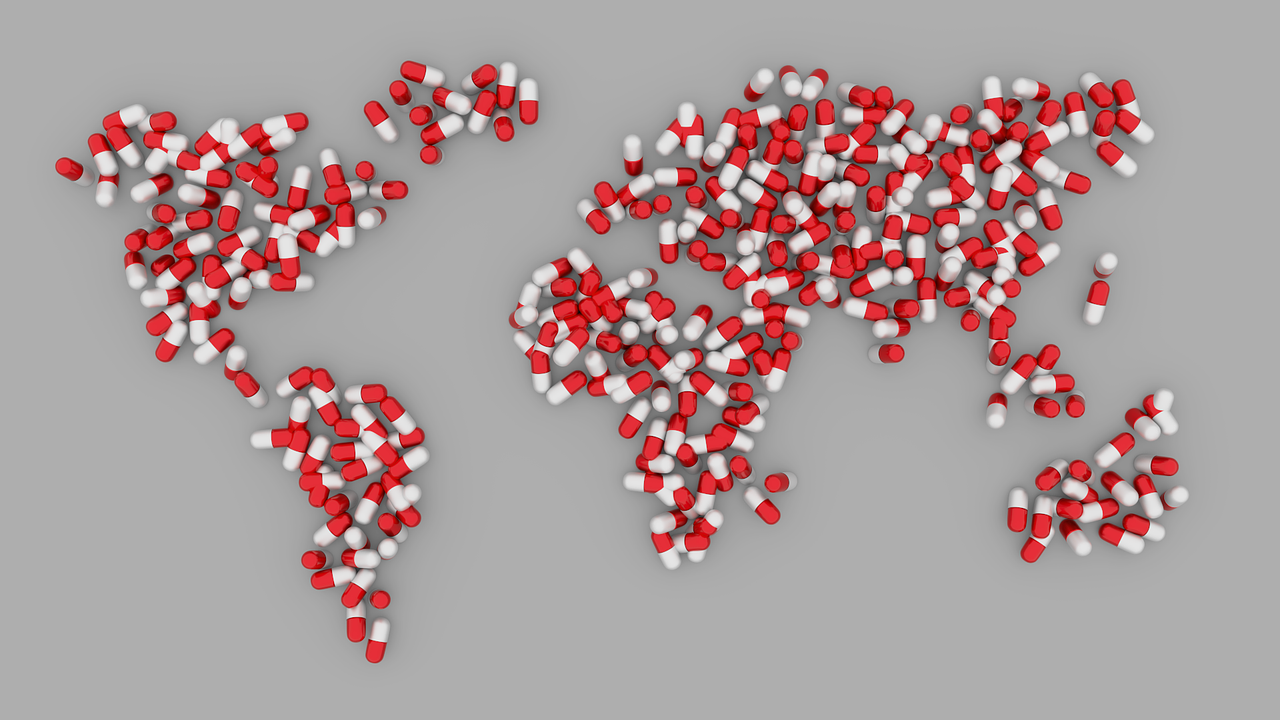The Knowledge Network on Innovation and Access to Medicines is a project of the Global Health Centre that seeks to maximize the contributions of research and analysis to producing public health needs-driven innovation and globally-equitable access to medicines. In June 2019, the project launched the Knowledge Portal, a one-stop source providing open access information, research and analysis on policies relating to pharmaceutical innovation and access. Topics are organized under three interrelated themes: Pricing, Intellectual Property and Innovation. The resources available at the Knowledge Portal aim to make existing knowledge more available and accessible to communities of policy & practice and include: research syntheses on a range of topics, data sources, webinars and a list of research gaps.
The webinar series just completed 1 year, a timely moment to look back. The webinars are presented by leading medicines policy researchers and stakeholders and aim to make recent, policy-relevant research more readily accessible to a global public audience. They serve as a platform for facilitating two way flows of knowledge among and between the research, policy and practice communities across the world as they share their expertise and practical insights from the field on some of these hotly debated topics in global public health today.
Each webinar lasts for an hour with an initial presentation by the main guest speaker followed by a question and answer session among the participants, including at times invited discussants with a high-degree of knowledge on the topic. All webinars are recorded and publicly available online to allow access for a broader audience. Guest speakers are selected to present and discuss recent research and analysis conducted not only in academic institutions, but also in governmental and multilateral organizations, as well as civil society organizations, keeping in mind gender and geographical representation.
At the end of each webinar session, we conduct a short survey to get feedback on how to improve the webinars and generally feedback has been very positive with most participants saying that the webinars met their expectations and were a great avenue for discovering new research and gaining new knowledge.





